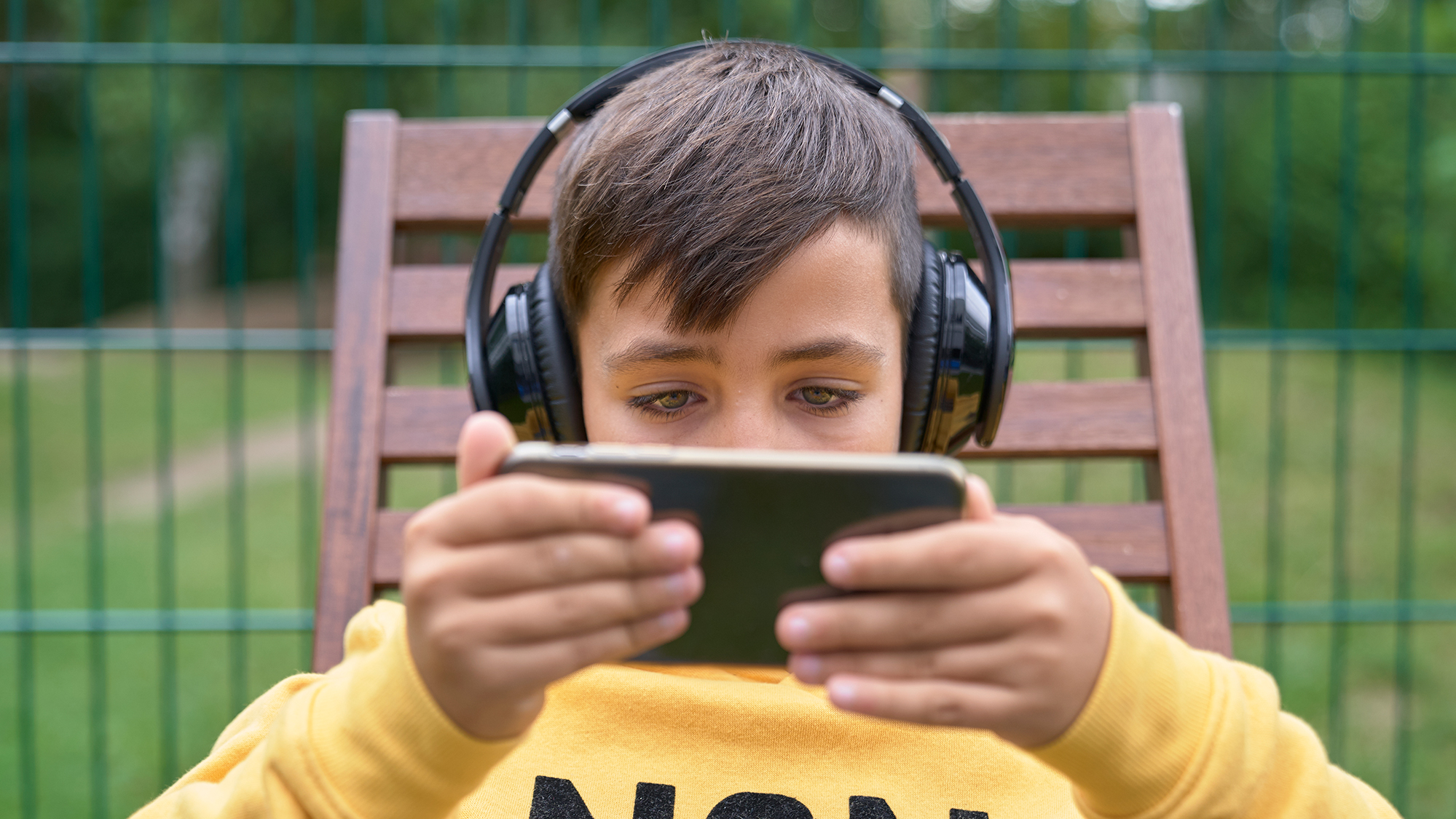House Members Call for App Ratings Board
Says online platforms should follow lead of movies, music and games

The smarter way to stay on top of the multichannel video marketplace. Sign up below.
You are now subscribed
Your newsletter sign-up was successful
Reps. Debbie Dingell (D-Mich.) and Mike Johnson (R-La.) have teamed up to call on Big Tech to create a rating board for apps and adopt ratings comparable to those for video games, movies and music.
While there have been ratings boards for movies, music and video games for a couple of decades, the relatively newer world of apps has no such body, with ratings often provided by the app creator.
That congressional call for action comes in a just-introduced “Fix Apps Ratings” House resolution. Such resolutions don't have the force of law, but signal the sense of Congress on an issue — and the implied threat that if action doesn't happen voluntarily, some of those House members might legislate to make it so.
The idea of the industry-run ratings board is to streamline age-appropriate ratings, as well as parental controls that are easy to use, “digital wellness features” and other tools to help kids online.
The resolution comes in the wake of a Facebook whistleblower’s revelations about internal company research finding that some teen Instagram users said using the app made them feel worse about themselves and even prompted thoughts of suicide, though Facebook counters that the majority of teens polled found instagram was helpful, not harmful.
“For too long, apps have been allowed to serve as hubs for bullying, sexually explicit material and other forms of content that jeopardize children’s safety, self-image and overall well-being,” Johnson said.
Both legislators argue that app ratings are often inaccurate, inconsistent, or not specific enough, while parental controls are too complex or depend on ratings “self assigned” by app developers.
The smarter way to stay on top of the multichannel video marketplace. Sign up below.
The National Center on Sexual Exploitation (NCOSE) gave the effort a big thumbs up.
“The technology industry must take responsibility for ensuring apps are rated accurately,” center CEO Dawn Hawkins said. “Parents are left in the dark about the kind of content their children are accessing because app ratings are misleading or inaccurate. … For instance, Instagram, Snapchat and TikTok are rated 12-plus, but these social media platforms and others have left children vulnerable to potential predators and harmful content. Tech platforms should focus on defaulting to safety, thereby putting the health and wellbeing of children above profit.”
Contributing editor John Eggerton has been an editor and/or writer on media regulation, legislation and policy for over four decades, including covering the FCC, FTC, Congress, the major media trade associations, and the federal courts. In addition to Multichannel News and Broadcasting + Cable, his work has appeared in Radio World, TV Technology, TV Fax, This Week in Consumer Electronics, Variety and the Encyclopedia Britannica.

